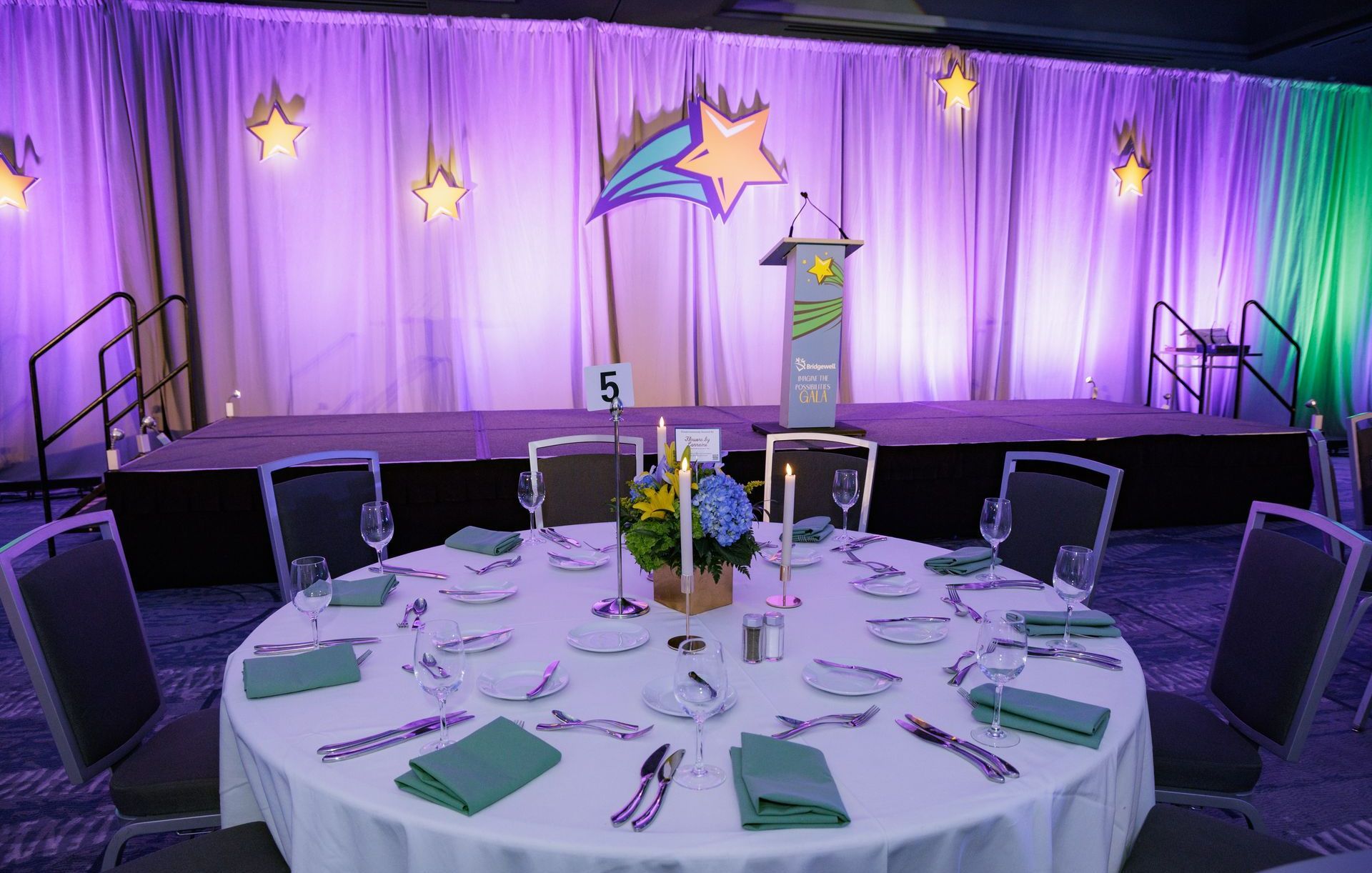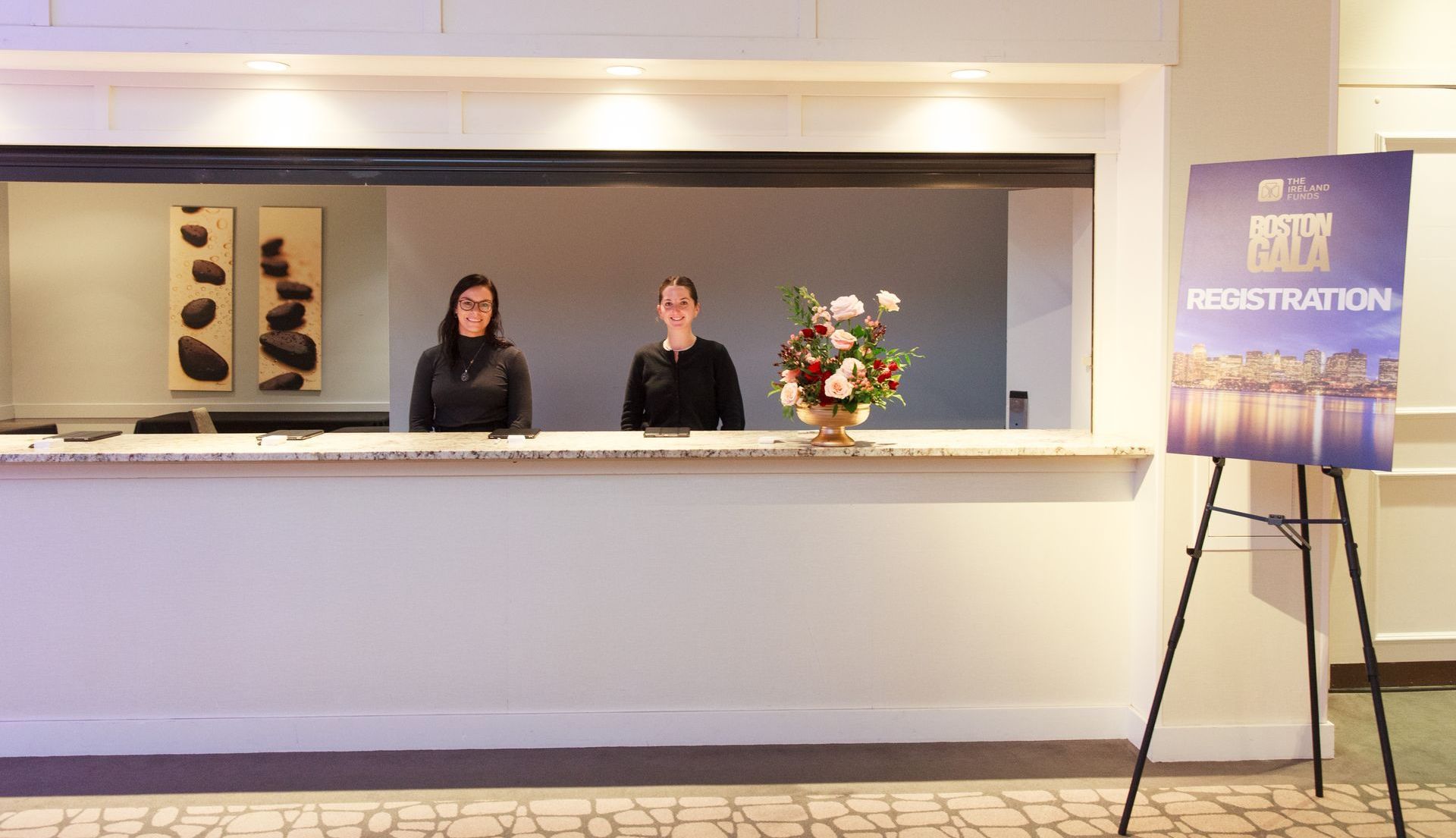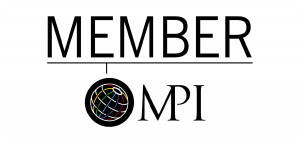Event Planning Kickoff: Setting Goals & Measuring Success
Every successful event starts with a solid plan, and part of that plan is setting clear, strategic goals. It doesn’t matter if you are planning a corporate meeting, special event, or a multi-conference, defining what success means to YOU, is only going to set you on the right path forward. Our team at Corinthian Events is here to help you with thoughtful goal setting and measuring success as the foundation for your unforgettable event.
Why Set Goals?
Imagine trying to hit a target while blindfolded, that would be challenging, right? Setting goals is like removing that blindfold. It gives you a clear vision, aligns your team, and sets expectations. Plus, it makes evaluating your success post-event nice and easy.
Key Goals to Consider
When planning your event, consider these categories to define your goals:
- Attendance: How many people are you aiming to attract? Are you targeting a specific audience demographic?
- Engagement: What kind of interactions are you hoping to see? Are there certain activities or sessions where participation is key?
- Budget: How will you ensure you stay within budget? What event elements are most important to spend money on?
- ROI: What does return on investment look like for you? It could be lead generation, brand exposure, or simply delighted attendees.
Tips for Setting Effective Event Goals
Here’s how to craft goals that set you up for success:
- Be Specific: Rather than aiming to “increase attendance,” go for something like “attract 200 new attendees from the healthcare industry.”
- Make It Measurable: Define how you’ll track success. Ticket sales, engagement metrics, or post-event surveys are great tools.
- Stay Realistic: Set goals that stretch you but remain achievable, using data and past events as a guide.
- Keep It Relevant: Do your event goals align with your company’s overall objectives? What parts of the event can we target to weave those objectives throughout?
- Set a Timeline: Establish deadlines and milestones to keep your planning on track.
Measuring Success
Once the event wraps up, it’s time to measure how well you hit your goals. The idea of “success” is going to look different for everyone. It can be helpful to revisit your Key Goals and assess whether you’ve hit your targets.
- Attendance: Review registration numbers and compare them to your target.
- Engagement: Track participation in sessions, networking activities, or social media conversations.
- Budget: Assess your actual expenses against your projected budget.
- ROI: Analyze lead generation, sales conversions, or brand awareness metrics.
Tools for Measuring Success
Make the most of these tools to track and analyze results:
- Surveys and Feedback Forms: Get honest insights from attendees about their experiences.
- Analytics Software: Event apps, social media dashboards, and registration platforms can provide valuable data.
- Financial Analysis: Compare your budget plan to your actual spending to determine financial success.
Defining your goals and tracking your success might not be the most glamorous part of event planning, but it’s certainly one of the most important. Goal setting and measuring success are not just for a single event, they’re part of a continuous improvement cycle. Use what you’ve learned to refine your strategy for future events, ensuring each one is more impactful than the last.
So, the next time you’re kicking off an event, set those targets at the start and watch how they help bring your vision to life!

















